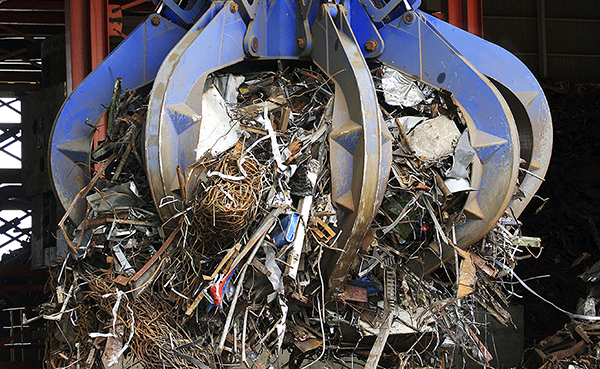
The automotive industry is experiencing production disruptions because of semiconductor supply issues, which is having a knock-on effect on scrap supply, German scrap market participants tell Kallanish.
The shortage of electronic chips and sensors has forced most automotive producers worldwide to reduce their production.
“The actions taken by automotive companies have forced several mills and enterprises, including in Germany, to cancel their orders for scrap volumes until carmakers resolve the chip problem,” says a German merchant. “This negative effect will probably increase in the coming weeks, which may even lead to more reduction in scrap supply.”
The semiconductor shortage has been exacerbated by the actions of former US president Donald Trump against key Chinese chip factories. Another reason for the shortage is a sudden boom in demand for chips, as carmakers ramped up production following last year’s lockdowns.
“The deficit already affected Volkswagen and Daimler, but BMW for the moment is not experiencing such problems,” a German buyer says. “Ford, Subaru, Toyota, Nissan, Fiat Chrysler and other car manufacturers are also holding their production due to the chip shortage.”
Output of almost 280,000 vehicles is affected, analysts say.
The government of Taiwan, home to the world’s largest contract chip maker Taiwan Semiconductor Manufacturing Co (TSMC), said it had been contacted by foreign governments about the problem. The Ministry of Economy of Taiwan said that major international automakers are not direct customers of Taiwanese semiconductor chip makers, but other car chip makers place orders with Taiwanese manufacturers and sell them to carmakers.
The ministry said it is negotiating with domestic suppliers of microcircuits in response to inquiries from other countries and has asked the manufacturers to provide full assistance.





